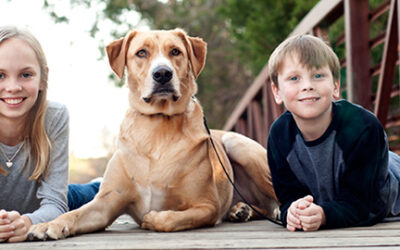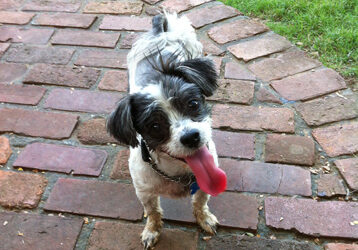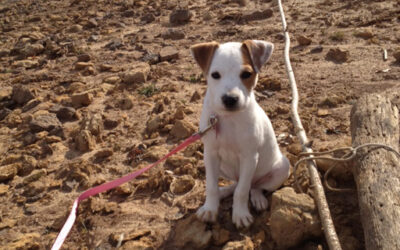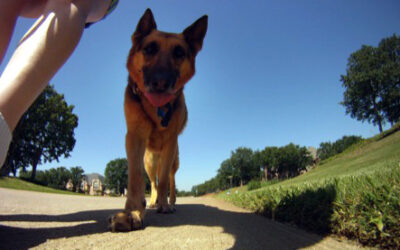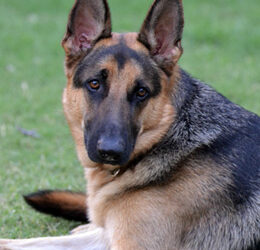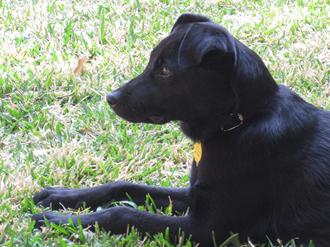Success Stories
Hank the Black Mouth Yellow Cur now has house manners
One in home visit – Bella and Jersey (house trasher and escape artist)
Hi Tod, I hope this email finds you doing well. My update is long overdue! The work you did with Bella and Jersey was unbelievable. In just that short time of training ALL of us, both of our dogs have undergone amazing transformations. To say they are...
Indy the Lab Mix – Transformed in 3 hrs
This Flower Mound family really needed dog training, their dog Indy was extremely difficult at times on the leash, showing a lot of aggressive dog behavior while on the leash. He would react to other dogs. He had been in some bad fights before and Chris and Jen were...
Rosie now loves my male cat, Sammy
Golden Retriever Training! Mid Cities dog training was needed here, Deb adopted Rosie but had no idea she was a dog aggressive dog or a cat aggressive dog. Something needed to change quickly! Here's Deb's letter after her dog came for my board and train program. I...
Apollo, a Shi Tzu Mix
Tod is truly a dog whisperer. My Apollo is a shi tzu mix. He was an 18 month old rescue when I got him. He was the most hyper dog. I had never seen him walk; he ran everywhere. All he wanted to do was play ball 24 hours a day and he would never let me forget it. I was...
Hannah, an Aggressive Puppy
When we brought Hannah home at 8 weeks old she was the perfect puppy for our family. She was a calm puppy that loved to cuddle and sleep. Then she woke up and we didn't know what to do with her. She had become aggressive, wouldn't listen to us, was herding and nipping...
Dritte, a rescued German Shepherd
Dritte was approximately 3 years old when we rescued her. She had a number of bad gashes in her belly where she had been attacked by dogs. We did not realize when we brought her home that she was terrified of other dogs and when she felt threatened in any way, that...
Samson, a German Shepherd
Samson came to Tod for a board and train after two failed group classes and after re-cooperating from elbow dysplasia surgery. I heard about how wonderful Tod was from a woman at a birthday party, but after reading that he used the e-collar, I was afraid to utilize...
Maggie, Written off by Another Trainer
I wanted to update you on how things are going with our Maggie. One word: GREAT! She is doing so wonderfully in our family!! It is hard to believe our previous trainer advised us to return her to the Humane Society due to her "dangerous behavior". Our puppy (6-7...



